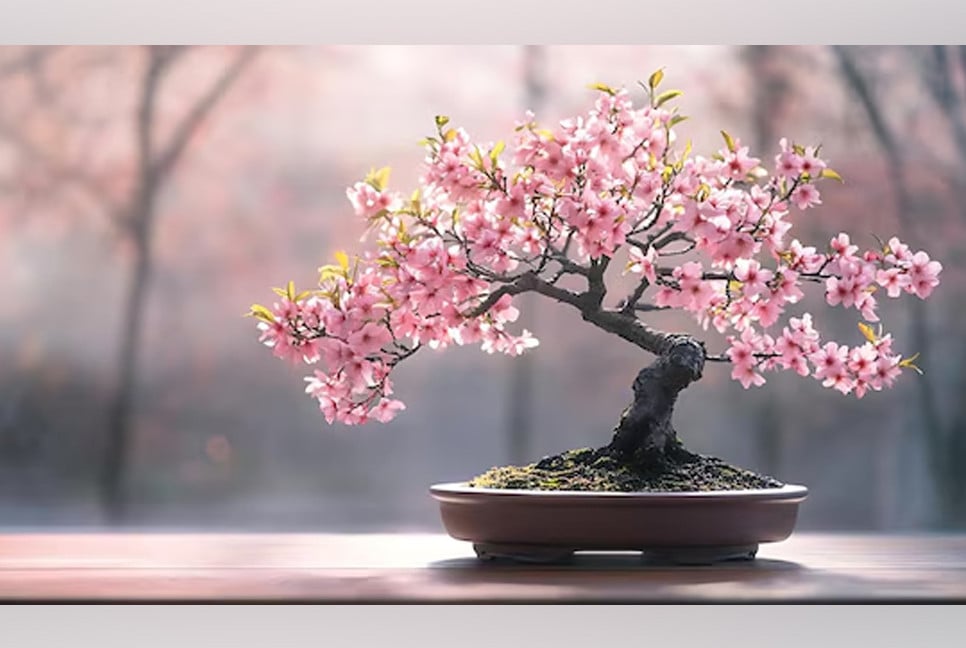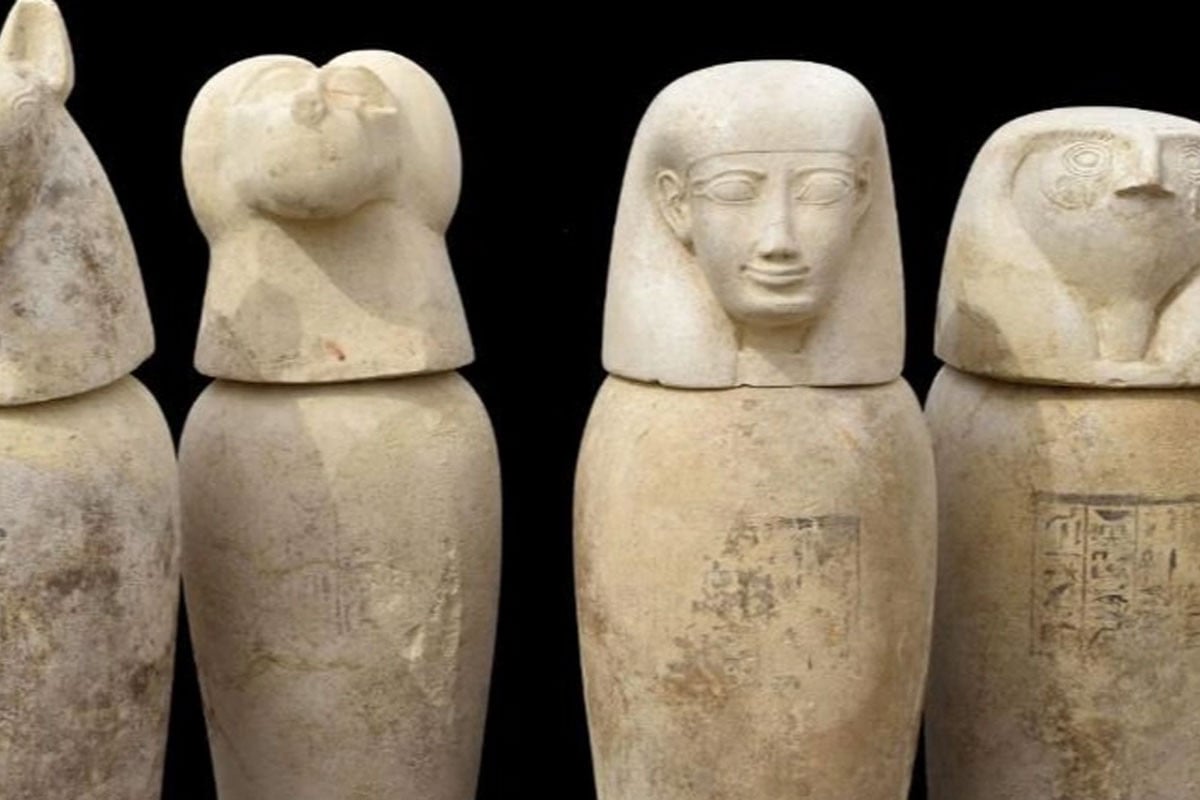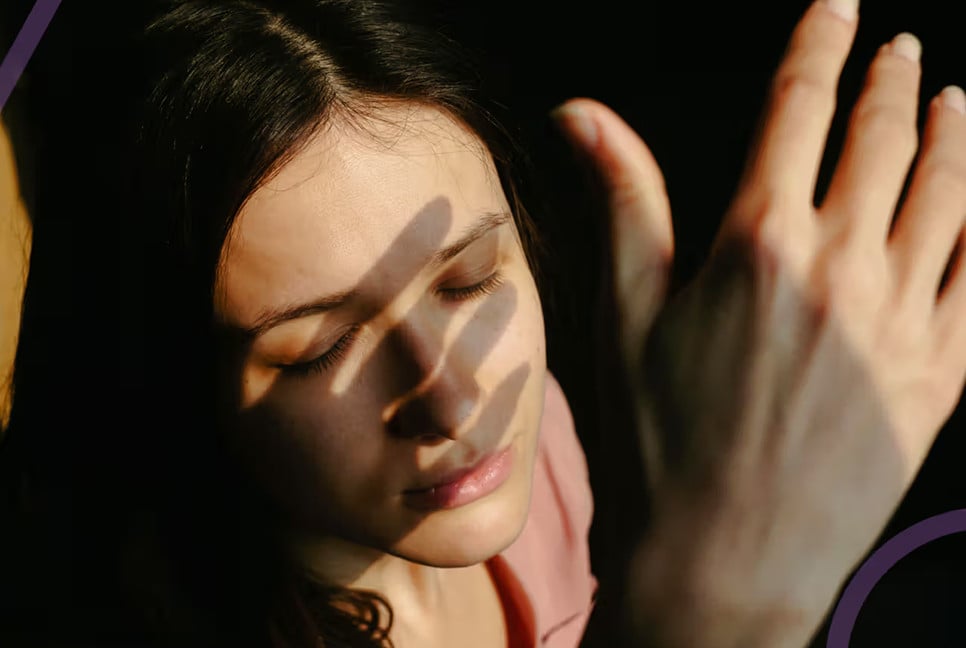The various life concepts of Japan are now globally used as tools for self development or career progresion. These concepts not only provide valuable insights but also inspire personal growth and well-being. Let's find some of these Japanese concepts that can guide you towards a more fulfilling and meaningful life.
Ikigai: Finding Your Purpose
Ikigai translates to "reason for being." It is the sweet spot where your passions, talents, what the world needs, and what you can be paid for intersect. Ikigai encourages you to discover what truly drives you and gives your life meaning.
It is about identifying your passions and strengths and aligning them with a purpose that adds value to the world. For example, your ikigai could be as simple as teaching, painting, or caring for others.
Shikata Ga Nai: It Cannot be Helped
Shikata ga nai means "it cannot be helped." It is a philosophy of accepting the inevitable. This concept teaches us to embrace the things beyond our control and focus on our response.
By accepting the uncontrollable, we can reduce stress and find peace. For instance, when faced with a rainy day during your vacation, you can choose to enjoy indoor activities instead of lamenting the weather.
Wabi-Sabi: Accepting Flaws
Wabi-sabi celebrates the beauty of imperfection, transience, and the natural aging of things. Like a cracked teacup, our flaws tell a story and make us unique. Embracing imperfections can lead to a more content and less judgmental life. Wabi-sabi encourages us to find beauty in the imperfect and appreciate the fleeting moments in life.
Gaman: Stay Strong, Control How You React
Gaman means enduring with patience and dignity, especially in the face of hardship. Gaman teaches us the importance of resilience and self-control. When confronted with challenges, it is about maintaining composure and enduring difficulties with grace. This concept reminds us that our reactions to adversity shape our character.
Oubaitori: Do Not Compare Yourself to Others
Oubaitori means "chasing after big things." In a world of comparisons and competition, Oubaitori advises us to focus on our own path. For instance, instead of envying a colleague's promotion, focus on your own progress and goals. It is about not measuring our worth against others' achievements but instead finding contentment in our unique journey.
Kaizen: Continuous Improvement
Kaizen translates to "continuous improvement." Kaizen encourages us to make small, incremental changes for the better in all aspects of life. It is about the journey of self-improvement rather than fixating on perfection. So, instead of setting lofty, unattainable goals, it is better to strive for gradual progress in your personal and professional life.
Shu Ha Ri: Learning and Mastery
Shu Ha Ri represents the stages of learning: following the rules (Shu), breaking away from them (Ha), and ultimately transcending them (Ri). Shu Ha Ri reminds us that learning and mastery require a progression from imitation to innovation. In any field, we begin by learning the fundamentals (Shu), then explore and adapt (Ha), and finally reach a level of mastery where we can create our own rules (Ri).
Hara Hachi Bu: Eating Until You Are 80% Full
Hara Hachi Bu is a Confucian teaching that advises people to stop eating when they are 80% full. This concept promotes mindful eating and portion control. By stopping short of feeling completely full, you can avoid overeating, which can lead to better digestion and overall improved health. It's a practice that emphasizes the importance of listening to your body's signals of satiety and not overindulging in food.
Shinrin-Yoku: Forest Bathing
Shinrin-Yoku means soaking in the forest. It refers to the practice of immersing oneself in a natural forest environment and fully experiencing the sights, sounds, and overall atmosphere of the forest for relaxation and health benefits.
Shinrin-Yoku is a mindfulness practice aimed at reducing stress, promoting mental well-being, and connecting with nature. It involves taking a leisurely walk in the woods, breathing in the fresh forest air, and engaging all the senses to foster a sense of peace and rejuvenation.
Omoiyari: Consideration for Others
Omoiyari embodies the idea of empathetic and considerate behavior towards others. Practicing Omoiyari means being attentive to the feelings and needs of others. It involves acts of kindness and consideration, such as holding the door for someone or offering a helping hand, without expecting anything in return.
Mottainai: Shame to Waste
Mottainai means old clothes, new life. It expresses a sense of regret or unease about wasting something valuable, whether it's food, resources, time, or opportunities. The concept of Mottainai encourages the responsible and mindful use of resources and a mindset that values conservation and sustainability. It promotes the idea of not being wasteful and making the most of what one has, in order to reduce waste and its impact on the environment.
Shin-Gi-Tai: Balance between Mind, Technique, and Body
Shin-Gi-Tai represents the harmony of mind, technique, and body, often emphasized in martial arts. This concept underscores the importance of balance and unity among our thoughts, skills, and physical actions. It applies to both martial arts and everyday life, where alignment of mental focus, abilities, and actions can lead to success.
Mono no Aware: Empathy Toward Things
Mono no Aware is the deep appreciation for the impermanence and fleeting nature of life and the emotions it evokes. This concept acknowledges the beauty and sadness that come from the transitory nature of all things.
It's a sense of nostalgia and empathy for the ephemeral, a recognition that everything in life, whether it's nature, art, or human existence, is temporary and will eventually pass away. "Mono no Aware" encourages a profound sensitivity to the world around us and a deep emotional connection with the beauty and fragility of life.
Omotenashi: Hospitality
Omotenashi is the Japanese art of hospitality, characterized by wholehearted and selfless hospitality, where hosts go above and beyond to ensure the comfort, satisfaction, and well-being of their guests. Omotenashi encompasses not only excellent hospitality but also a genuine desire to anticipate and meet the needs of visitors, often before they even express them. It's deeply ingrained in Japanese culture and is a hallmark of many traditional Japanese businesses, inns, and restaurants.
Ho-Ren-So: Work Ethic
Ho-Ren-So stands for "Houkoku" (report), "Renraku" (inform), and "Soudan" (consult). It emphasizes effective communication. Ho-Ren-So encourages employees to report their progress, maintain open communication channels, and seek advice or feedback from colleagues and superiors. This approach fosters transparency, teamwork, and effective decision-making in the workplace, contributing to a strong work ethic and collaborative work environment.
Kintsugi: Golden Repair
Kintsugi means the art of golden repair, which is a Japanese art form. It involves repairing broken pottery with lacquer mixed with powdered gold, silver, or platinum. Instead of hiding the flaws, Kintsugi highlights them, celebrating the object's history and imperfections. It's a metaphor for embracing life's scars and finding beauty in resilience and transformation.
Ma: The Space Between
Ma represents the concept of the space between or pause. It refers to the intentional use of space and silence to create meaning, depth, and a sense of harmony in various forms of art, design, and everyday life. It emphasizes the significance of balance and mindfulness in our surroundings and experiences.
It has different meanings. Like, in music, it is the deliberate pauses or moments of silence between notes or phrases, that can be as important as the sounds themselves in creating a beautiful composition. Ma is a reminder that what is left unsaid or unoccupied can be just as meaningful as what is expressed or filled.
Hara: Centering Oneself
Hara refers to the idea of centering oneself or finding one's core of balance, both physically and mentally. It is often associated with a deep sense of inner strength and composure. In everyday life, someone who practices hara might take a moment of deep breathing and reflection to regain their composure and focus when facing stress or adversity, aligning their thoughts and actions with a sense of inner equilibrium.
Kanban: Visual Card
Kanban means a visual card or signboard. It is used in various fields, including manufacturing and project management, to optimize workflow and enhance efficiency. Kanban is a technique for making the flow of work visible as it progresses through a process, helping us better prioritize tasks, enhance time management, and maintain daily organization.
Yuugen: Mysterious Profundity
Yuugen is a Japanese aesthetic concept that conveys a sense of mysterious profundity or the awareness of the vastness and beauty of the universe. It's often associated with moments or experiences that evoke a profound, awe-inspiring sense of mystery and wonder, beyond what words can fully describe.
For example, standing alone on a quiet beach at night, gazing at the vast expanse of the starlit sky and listening to the gentle lapping of waves, one can feel a deep sense of "yuugen" – an overwhelming awareness of the mysterious and profound nature of the cosmos, transcending ordinary comprehension.
Bottom Line
Incorporating these Japanese concepts into your life can lead to a more balanced, mindful, and fulfilling existence. Whether it is finding your purpose with Ikigai, embracing imperfections through Wabi-Sabi, or showing empathy with Mono no Aware, these philosophies offer valuable insights into personal growth and well-being.
Source: The Daily Messenger
Bd-pratidin English/Lutful Hoque



































































